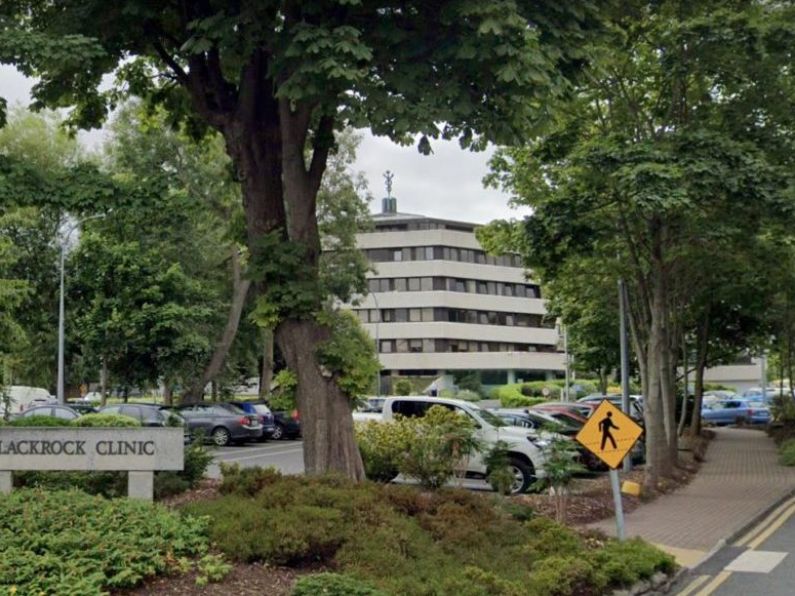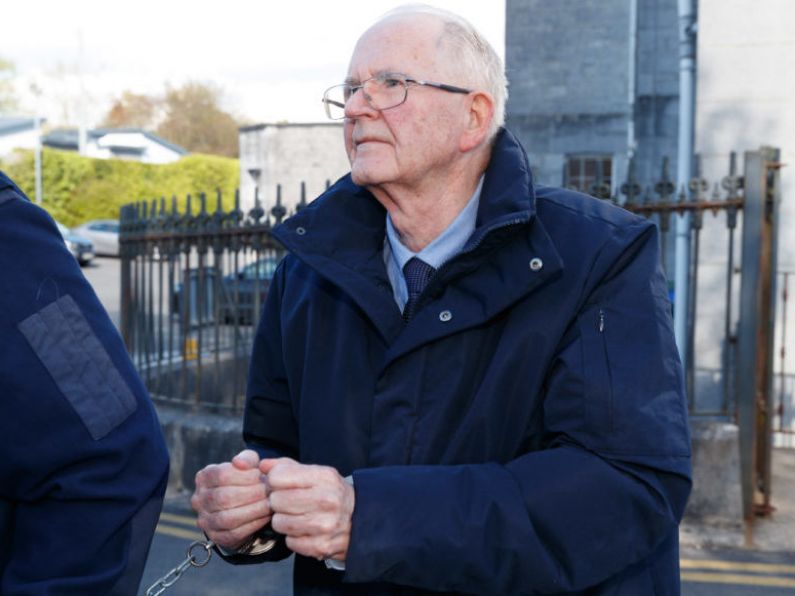A Wexford woman died in hospital while recovering from complications which arose after her oesophagus was perforated during surgery at the Blackrock Clinic, an inquest has heard.
Ann McCabe (81), a mother of three from Clonard, Wexford, died at St James’s Hospital on May 28th, 2021, where she was transferred from the Blackrock Clinic after experiencing severe chest discomfort as a result of the accidental tear to her throat during a procedure 10 days earlier.
A sitting of Dublin District Coroner’s Court heard evidence Ms McCabe was expected to make a full recovery from the perforation to her oesophagus but had suffered an unexpected cardiac arrest which caused her fatal injuries.
A postmortem showed Ms McCabe died as a result of brain damage caused by the cardiac arrest, while it also noted she had moderate heart disease.
However, the pathologist who carried out the postmortem, Eamon Leen, said he was unable to determine why the patient had suffered a sudden cardiac arrest.
The inquest heard medical records showed Ms McCabe had suffered a number of injuries including bone fractures as a result of a series of falls over a number of years.
Professor Andrew Maree, a consultant cardiologist at the Blackrock Clinic and St James’s Hospital, said the patient was assessed as requiring the insertion of a device to prevent blood clots from entering her circulation.
Prof Maree explained that the procedure known as left atrial appendage closure was appropriate for someone who was at risk of stroke but also prone to internal bleeding.
The consultant said Ms McCabe and her family had been informed that there was a 2-4 per cent risk of a major complication in performing the surgery.
Prof Maree, who oversaw the operation, said the surgery had been carried out on the patient at the Blackrock Clinic on May 18th, 2021.
He said he was “happy” with the procedure which he described as “successful and uncomplicated.”
“I thought we had achieved a good result and I didn’t anticipate a complication,” he added.
However, Prof Maree said it had been established when Ms McCabe complained of severe chest discomfort after waking up from the surgery that her oesophagus had been perforated by a scope during the procedure.
He said the location of the tear was inaccessible to attempt a primary repair, so doctors drained some blood from the area.
Prof Maree, who said he performed an average of 15 similar operations per annum, said he had never previously experienced an oesophageal tear in almost 10 years performing the procedure, although he stressed that it is a “known complication.”
The consultant said the decision was taken immediately to transfer the patient to St James’s Hospital as it was “the best and safest place” to manage her care.
Éimhín Dunne, an anaesthetist at the Blackrock Clinic and St James’s Hospital, gave evidence that there had been some initial difficulties in inserting the scope down the patient’s oesophagus but that another anaesthetist had subsequently operated it without any problem.
Dr Dunne said an ECG to check on Ms McCabe’s heart following the procedure had given no cause for concern.
However, she said an endoscopy taken after the patient had complained of some pain in her chest revealed the tear in her oesophagus.
In reply to questions from the coroner, Dr Dunne said the medical team had been reassured by the fact that Ms McCabe had previously had scopes used to examine her throat without any problem.
The anaesthetist said older and female patients were known to be more likely to experience an oesophageal tear during such a procedure.
A consultant surgeon at St James’s Hospital, Claire Donohoe, said a perforation to the throat during any type of surgery was “relatively uncommon” with the hospital dealing with an average of around 20 per year.
Despite the complication, Dr Donohoe said the patient’s prognosis was good and it was planned that she would not be allowed to eat or drink through her mouth for up to 14 days to allow the tear to heal.
Counsel for St James’s Hospital and the individual doctors, Rory White BL, said the only technical verdict available to the coroner was an open verdict given the uncertainty over what triggered Ms McCabe’s cardiac arrest.
Solicitor for the family of the deceased, Cathal Byrne, thanked the witnesses for the frankness of their answers and medical reports.
Returning an open verdict, Dr Keane said it was unusual that it was unclear what had caused the cardiac arrest that ultimately led to the patient’s death.
The coroner acknowledged Ms McCabe had experienced a very uncommon but known complication of surgery which had been identified very quickly.
Offering her sympathy to the deceased’s relatives, the coroner said she hoped the inquest had clarified some of their questions about her death.
By Seán McCárthaigh
Keep up to date with all the latest news on our website Beat102103.com.






